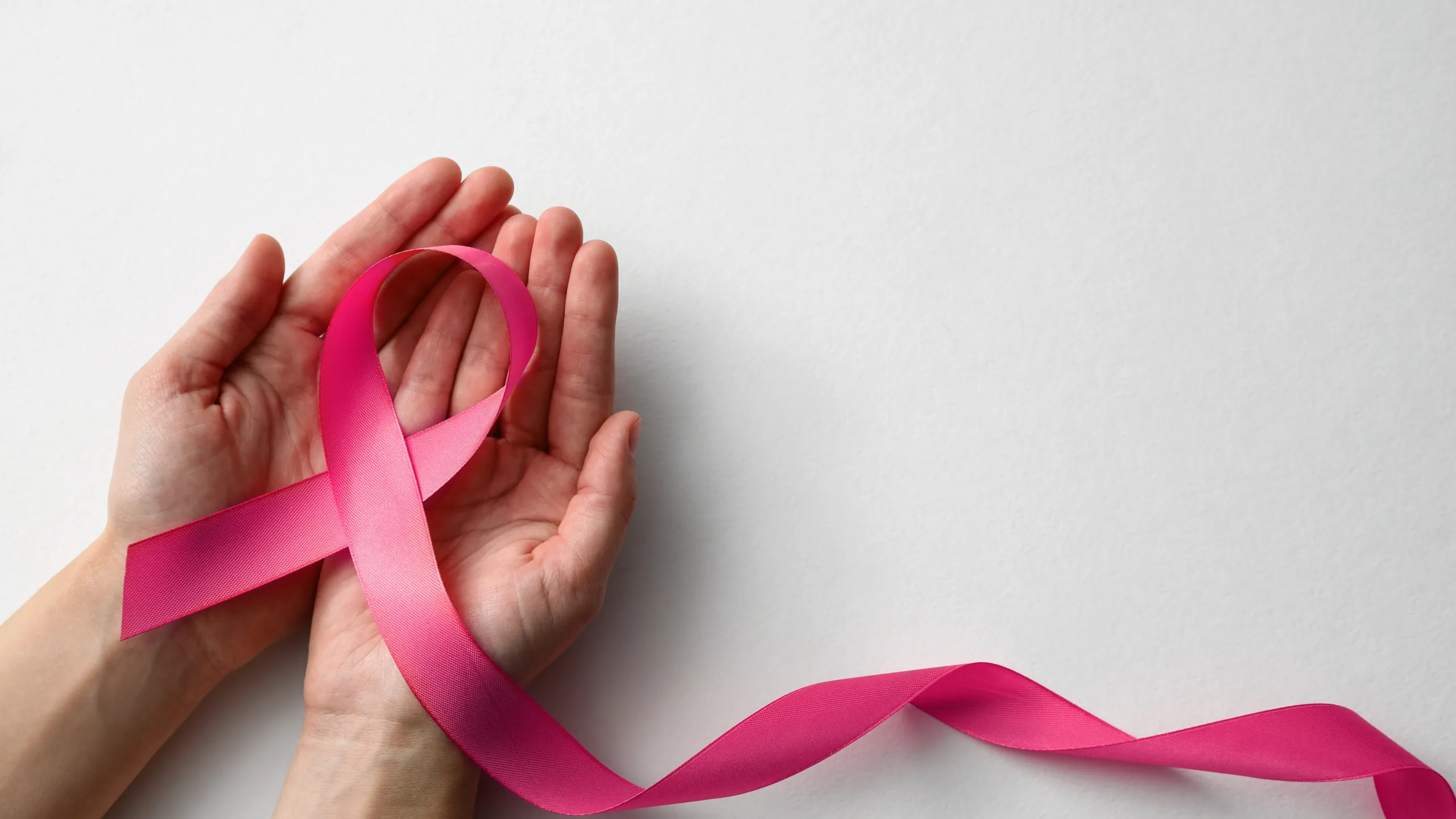In Nigeria, a growing number of people are identifying as cancer survivors rather than victims, reflecting a significant shift in attitudes towards cancer. This change is particularly notable given the country’s challenging health system, high medical costs, the stigma associated with cancer, and the patriarchal society that exacerbates women’s vulnerabilities.
For many, this optimistic outlook is not just a personal choice but also a response to the reality of an increasing cancer incidence and a growing population of cancer survivors.
Research has shown that identifying as a survivor, rather than a victim, correlates with better health outcomes. Studies indicate that such a mindset can significantly influence one’s overall well-being and quality of life.
This positive identification is especially crucial in Nigeria, where cancer diagnosis often comes with societal stigma, potentially leading to social isolation and negative impacts on employment and personal relationships.

In 2020, Nigeria faced a high incidence of cancer, with approximately 124,815 new cases and 78,899 deaths. The types of cancer prevalent in the country include breast, cervical, and prostate cancers.
Projections suggest that cancer incidence will continue to rise by 2040, emphasizing the need to understand and support the experiences of those who have survived cancer.
A recent study involving 30 Nigerian women, mostly breast cancer survivors, explored their experiences and perceptions. The study, which used qualitative methods, found that while the survivors faced significant stigma and discrimination, identifying as survivors rather than victims often empowered them.
Many of the participants reported that their self-identification as survivors, supported by hope, strength, and faith, helped them cope with their experiences and maintain a positive outlook on life.
Despite the challenges, the study underscores the importance of fostering a supportive environment for cancer survivors. Identifying as a survivor can be a powerful tool in overcoming adversity and maintaining resilience.
However, there remains a pressing need for comprehensive support systems and national strategies to mitigate the burden of cancer and improve the quality of life for survivors in Nigeria.
